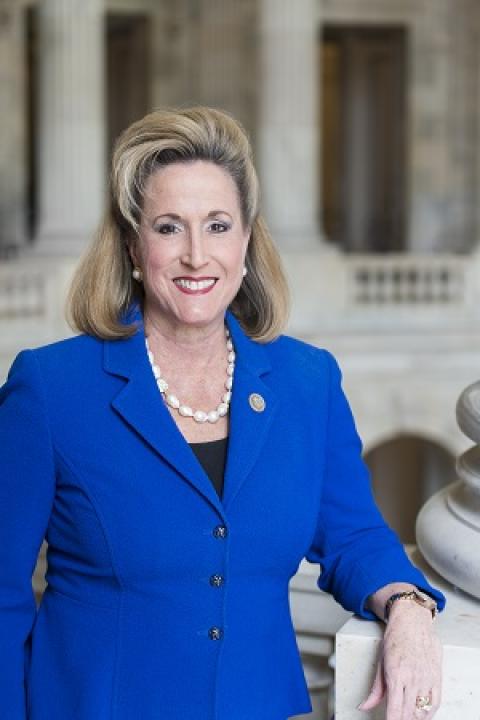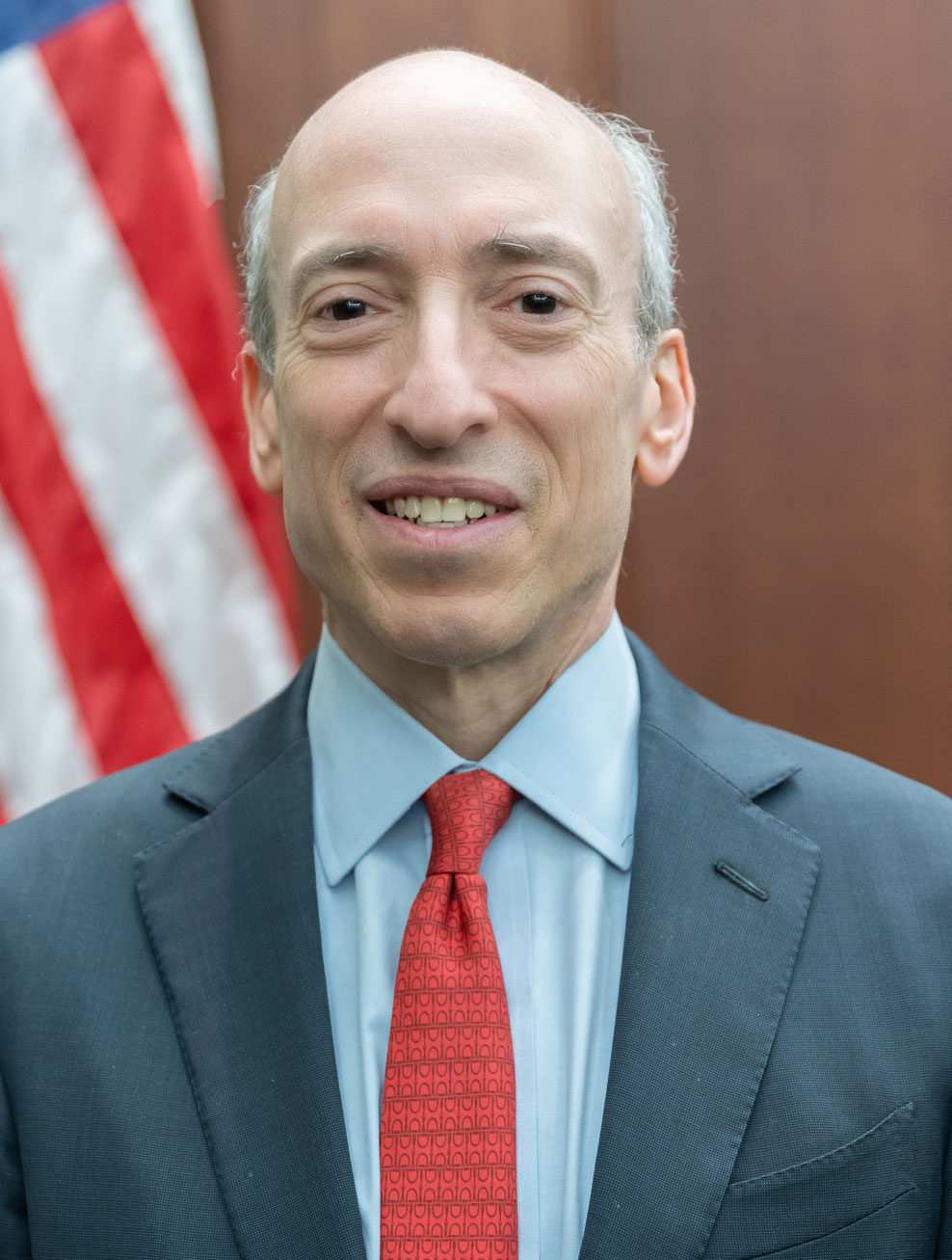SIFMA is concerned that the SEC’s 63 proposed rules will lead to a radical overhaul of U.S. capital markets.

Grygo is the chief content officer for FTF & FTF News.
SEC Chair Gary Gensler has recently come under fire for the 63 new rules that have been proposed during his time at the helm.
One of the most prominent voices in the U.S. securities industry Kenneth E. Bentsen, Jr., president and CEO of SIFMA, is taking on Gensler and is offering data to back up his observation that there has been “a dramatic increase” in the number of rules emanating from the SEC.
In fact, SIFMA thinks that the SEC is embarking upon “a radical reorganization of capital markets often without identifying a problem or a Congressional mandate.”
To say the least, SIFMA and the SEC are not on the same page.
“Throughout the last two years, stakeholders from a variety of industries and members of Congress from both sides of the aisle have expressed concerns with the speed and volume of new rule proposals from the U.S. Securities and Exchange Commission (SEC). The data demonstrates that these concerns are well-founded,” Bentsen says in his posting, “The Unprecedented Speed and Volume of SEC Rulemaking,” dated Sept. 21, on the SIFMA website.
Bentsen cites the Agency Rule List from Spring 2023 and notes that the SEC is “on track to propose and finalize 63 new rules by the end of the current Chair’s first four years in office. This represents a dramatic increase in the pace of rulemaking from the previous two Chairs, Chairs Mary Jo White and Jay Clayton, who finalized 22 rules and 43 rules, respectively, that they had proposed. … As of September 20, 2023, of the 63 rules on Chair Gensler’s docket, 16 have been proposed and finalized, 33 have been proposed but not yet finalized, and 14 have not yet been proposed.”
Depending upon your point of view, that’s either an impressive and intelligent response from a reactivated regulator doing its job or the result of an overbearing regulator that is churning out back-breaking burdens.
Bentsen argues further that this alleged rules-making engine has a trade-off in that “the average public comment period for SEC rule proposals during Chair Gensler’s tenure has been only 46 days (measured from the date a proposal is published in the Federal Register). That is nearly 20 percent fewer days than the average comment period during the previous Chairs’ tenures.”

Kenneth E. Bentsen, Jr
Bentsen also notes that there is an “emerging pattern of the SEC re-opening the comment periods of recently proposed rules, often after making only slight changes, providing additional context that should have been disclosed in the initial release, or proposing or adopting a rule that interacts, and possibly conflicts, with the proposal that is being re-opened. The Commission has reopened comment periods for rules (eight) at quadruple the combined rate of the prior two Commissions (two) at the same point in their respective tenures.”
Bentsen is not the only one critical of Gensler’s rulemaking.
In particular, Congresswoman Ann Wagner (R-MO), chair of the Financial Services Subcommittee on Capital Markets, on Sept. 19, put the SEC on the hot seat at a hearing that reviewed the SEC’s Division of Investment Management under Director William Birdthistle.
“This is the third oversight hearing that this subcommittee has held this year as part of our effort to hold Chair Gensler’s SEC accountable for its overly burdensome, sweeping new regulatory regime that will affect every corner of the financial services industry,” Wagner says via a prepared statement.
A few days later, Wagner, Congressman French Hill (R-AR), Senator Bill Hagerty (R-TN), and Senator Mike Rounds (R-SD) sent a letter to Gensler “demanding answers on the SEC’s misguided proposal that will harm broker-dealers, investment advisors, and Main Street investors.” She and the others were referring to the SEC’s proposal on predictive data analytics.
The proposal’s “true intention seems to be rewriting existing and well-functioning SEC regulations … This is likely to result in a burdensome, one-size-fits-all approach being imposed on all broker-dealers and investment advisers, irrespective of the technology they utilize. This new, untested standard would apply indiscriminately, whether or not firms provide personalized investment recommendations or advice to their customers,” according to the letter.

Ann Wagner
“If the SEC’s goal is to replace Reg BI and the existing fiduciary standard with the Proposal’s heightened ‘best interest’ standard, it should be transparent and direct about its actions. It should not rely on the recent attention around predictive data analytics or artificial intelligence as a pretext. Furthermore, if the SEC intends to assume the role of a technology regulator, it should seek explicit authority from Congress,” according to the letter.
Gensler is no stranger to Washinton politics and major regulatory overhauls. He headed the CFTC during the Obama years and implemented key aspects of the Dodd-Frank Act that reformed over-the-counter (OTC) derivatives trading and brought new safeguards to the complexities of trading in derivatives. During those years, he had a reputation for pushing through many changes at a breakneck pace and was praised and criticized for his efforts.
As it happens, Gensler testified on Sept. 27 before the House Committee on Financial Services, and the SEC sent along a segment of his testimony as a response to an FTF News request for comment.
“We are blessed with the largest, most sophisticated, and most innovative capital markets in the world. But we cannot take this for granted. Even a gold medalist must keep training. As a seminal SEC report in 1963 said, ‘no regulation can be static in a dynamic society.’ The report continued, ‘unanticipated changes in the markets and the broader public participation should be accompanied by corresponding investor protection,’ Gensler says in his testimony.
“Six decades after the publication of that Special Study, that core idea still rings so true. That’s why we’re updating our rules for the technology and business models of the 2020s. That’s why we’re updating our rules to promote the efficiency, integrity, and resiliency of the markets. We do so with an eye toward investors and issuers alike, to ensure the markets work for them and not the other way around,” according to the testimony.
The regulatory focus on market efficiency, integrity, and resiliency helps lower costs, enhances access, promotes financial stability, and encourages competition, Gensler says.
“Two years ago, we laid out a unified regulatory agenda to do just that. Included in that agenda were 10 items related to Congressional mandates, most from the Dodd-Frank Wall Street Reform and Consumer Protection Act and one from the Holding Foreign Companies Accountable Act. There were also items exercising new authorities granted under Dodd-Frank,” according to the testimony.
As for the criticism that comment periods have suffered, Gensler says: ”In the last two years, we have provided the public ample time to comment, with an average of 70 days to comment from the time a proposal is published on our website. Since January 2022, we have provided a minimum of 60 days with some as long as 100-plus days from the day a proposal is posted on our website.”
In fact, the SEC Chair notes that the regulator has reopened 18 of its rules over the past two years for additional public comment. “When comment periods close, we often continue to get additional comments, through meetings and otherwise, which staff has considered as well,” he adds.
“The SEC now has issued proposals for most of that unified agenda we laid out two years ago. We also have finalized 24 rulemakings, nearly all of which have changed based on public feedback. A recent news article notes that this number of finalized rules is less than a number of my predecessors in a comparable timeframe,” according to his testimony.
His full testimony can be found here: https://bit.ly/48wIsTC

Gary Gensler
I am hardly in a position to give advice to any of these players and SEC officials often keep their distance from those they regulate. But maybe it’s time for the major players (or their representatives) to have an offline, unofficial, honest discussion in good faith about the flow of new regulation and its unintended impacts. There are external factors beyond anyone’s control that restrict business activities. This is especially true in light of the major disruptions caused by the pandemic and its aftermath. In addition, there are major technology and operations overhauls already underway such as T+1 settlement and digital transformation.
However, I suspect that the political tensions will continue and that people in power will assume hardened stances, and that there will be little or no compromise. It will be an ongoing game of one-upmanship or worse and there will be no forward movement.
Bentsen’s comments in full can be seen here: https://bit.ly/3t4qTdf
SIFMA has also put together a video on this issue: https://vimeo.com/865718236
The full list of rules can be found here: https://bit.ly/3LGr84G
Need a Reprint?
